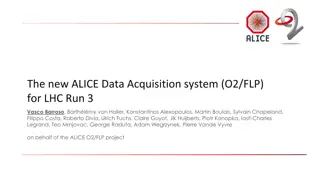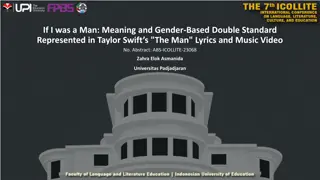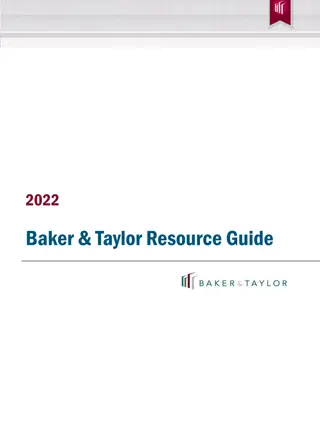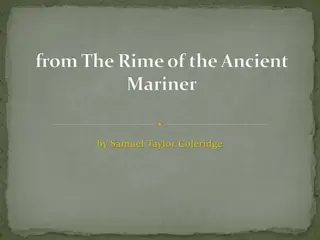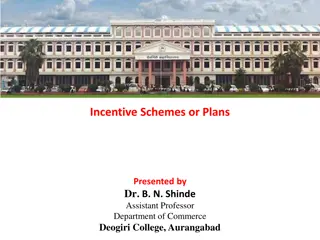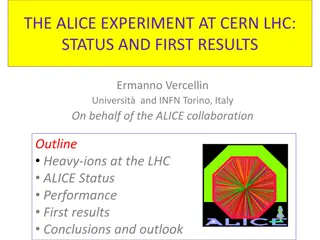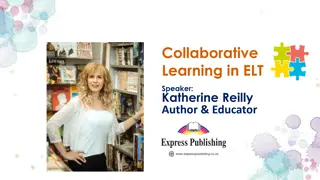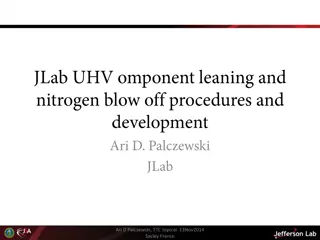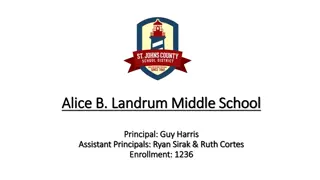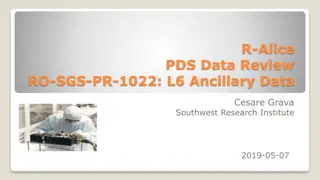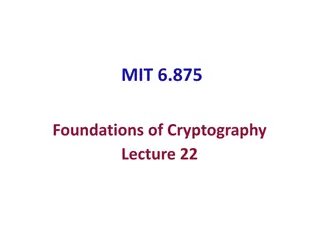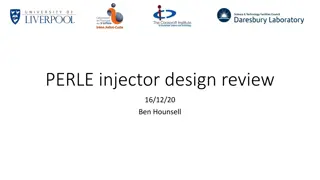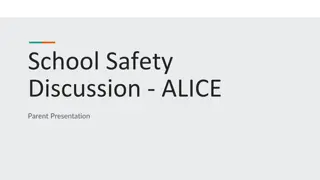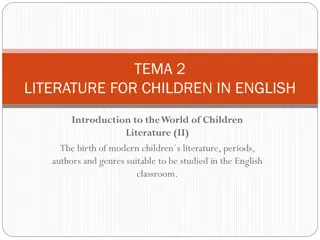
Philosophy Education Conference - Resources for Teaching and Marking Projects
Explore resources for teaching philosophy, including proforma templates, research skills guidance, and tools for student progress monitoring. Learn about marking criteria and moderation procedures for project assessments in philosophy education.
Download Presentation

Please find below an Image/Link to download the presentation.
The content on the website is provided AS IS for your information and personal use only. It may not be sold, licensed, or shared on other websites without obtaining consent from the author. If you encounter any issues during the download, it is possible that the publisher has removed the file from their server.
You are allowed to download the files provided on this website for personal or commercial use, subject to the condition that they are used lawfully. All files are the property of their respective owners.
The content on the website is provided AS IS for your information and personal use only. It may not be sold, licensed, or shared on other websites without obtaining consent from the author.
E N D
Presentation Transcript
School Certificate in Philosophy APT Conference - June 2023
Teaching Points Resource links here: https://www.nchlondon.ac.uk/study/school-certificate/course- resources/ Use the proforma for planning Colour coding for group projects Recommend a template (Introduction, Research, Discussion, Conclusion, Bibliography) Teach research skills Set targets Use a shared document for commenting on progress Encourage students to document progress with practical projects Make use of digital tools (e.g. for automatic citations / bibliography building) Encourage self-monitoring: https://www.nchlondon.ac.uk/wp- content/uploads/2020/02/SCHOOL-PHILOSOPHY-PROJECT-SELF-CHECK-LIST.pdf
Marking Schools are asked to submit grades and a sample of 6 projects (2 from the top end of the range, 2 mid-range and 2 from the low end of the mark range) by 1st June. Schools are asked to give students access to marks before samples are sent for moderation. A form for submitting grades and project samples will be sent to schools. Projects should be submitted as pdf files only. If videos or presentations have been produced, samples of these can be submitted by sending in screenshots or slides. Similarly, any projects that have been produced in hard copy (e.g. as sketchbooks) should be photographed or scanned to produce a pdf file. In applying the marking grids, teachers should apply their judgement about the best-fit making band, based on all the evidence produced by the student. Comments from the teacher should be recorded on the Course Proforma. In the case of group projects, teachers should make clear how they arrived at their marks for individual students on the basis of the evidence available. Annotation or colour-coding within a shared project to show which sections were produced by which student is helpful in supporting marking decisions.
Marking and Moderation Marks should be internally moderated within the school to ensure a shared understanding of the standard. The exemplars available on the Northeastern University London website should be used to help establish an expectation of the standard at different grades. If marks from the sample are agreed by the Northeastern University London examiner, the school will receive a report on their marking and certificates will be issued. If the Northeastern University London examiner does not agree with the marks from the sample, the school will be provided with feedback and asked to make a grade adjustment before submitting a further sample of projects. Following the awarding of certificates, schools can appeal if they consider that the final grades are not correct. This appeal must come from the school. Requests for special consideration on behalf of individual students can be made along with the entry. Following certification, individual students may raise a concern via Northeastern University London via email: pre.university@nulondon.ac.uk if they feel that their school did not follow an appropriate process.
Summary of Marking Guidance 1. Please review the marking grid in the Course Outline 2. Please review the work in the Exemplars folder 3. Please bear in mind that the course is designed for students in years 9 10 4. Internal moderation should be done within the school. Various models are possible (e.g. sharing exemplars and discussing the standard amongst the teachers or appointing one teacher as an internal moderator to check the sample) 5. Please be aware of the importance of making a judgement that is based on relating the evidence of the qualities of the student s work to the marking grids. 6. External factors such as protected characteristics should not influence this judgement.
Useful Links Course Outline https://www.nulondon.ac.uk/study/school-certificate/course-outline/ Exemplar projects https://www.nulondon.ac.uk/study/school-certificate/exemplar/ Assessment guidance https://www.nulondon.ac.uk/study/school-certificate/assessment/ FAQs https://www.nulondon.ac.uk/study/school-certificate/faq/ Philosophy Short Course Playlist https://www.youtube.com/playlist?list=PLJ__so98WtdU-cMgMQ6C0bJqWPx47AoL4



